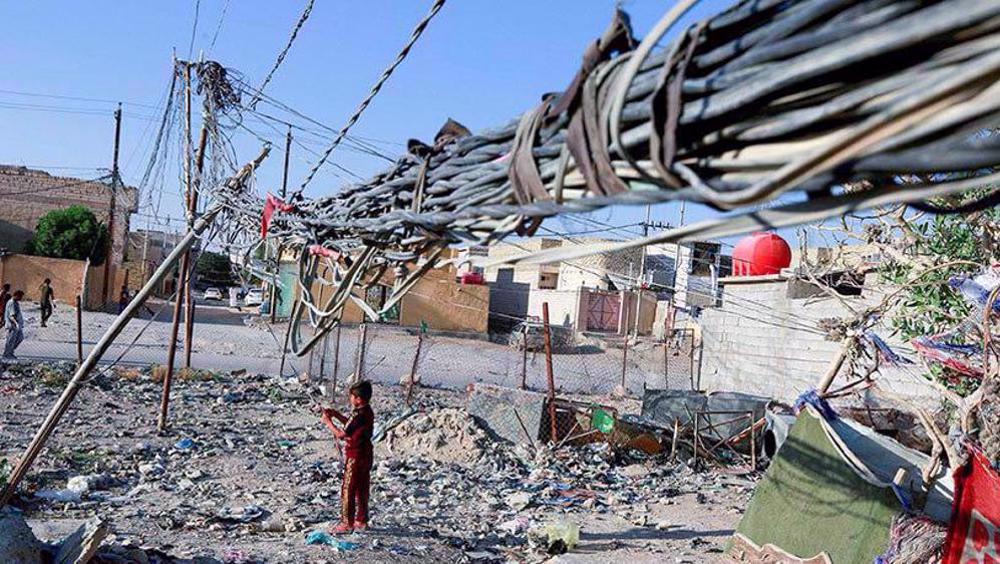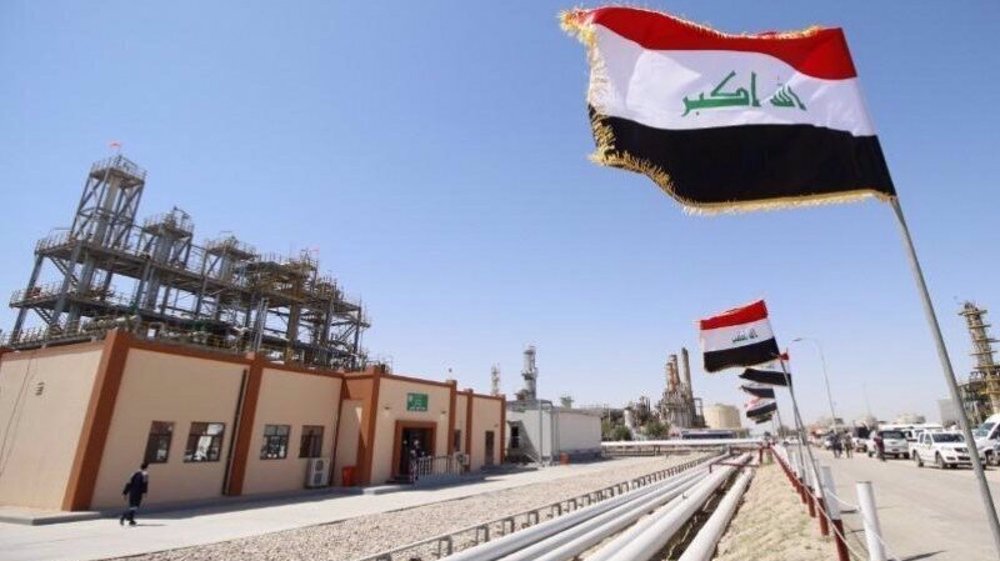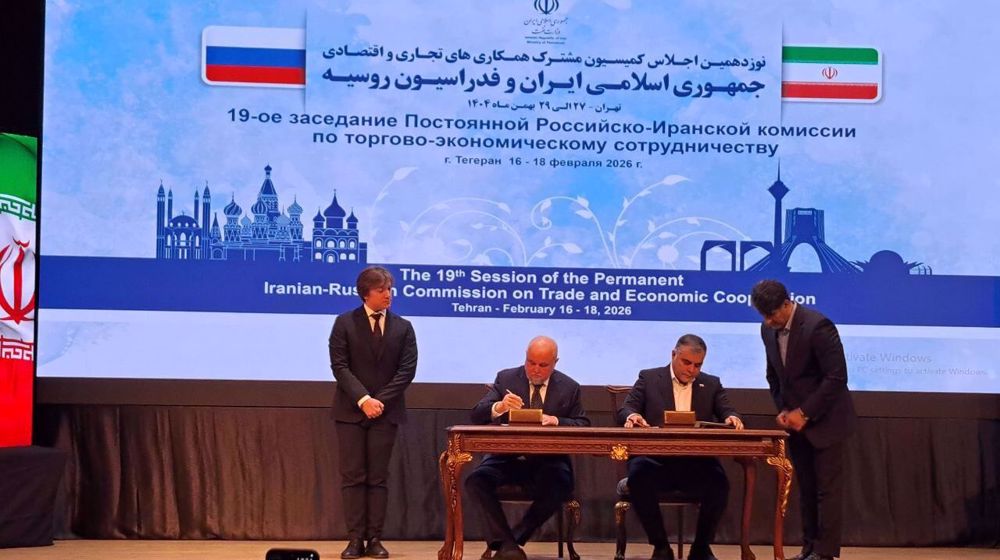Saudi Arabia, Iraq to link power grids but Iran not out of picture
Saudi Arabia and Iraq have signed a memorandum of understanding to link their power grids, Saudi state press agency SPA reports.
Saudi Minister of Energy Prince Abdulaziz bin Salman said during a virtual signing ceremony with Iraq’s Minister of Electricity Adel Karim that the kingdom aimed to "achieve optimal investment in the electrical connection with Iraq”, SPA said.
Iraqi Minister Adel Karim said the linkage would be completed within two years, according to the state-run Iraqi News Agency, though no details of how the grids will be connected nor how much electricity will flow into Iraq were released.
Iraq relies on Iran for natural gas that generates as much as 45 percent of its 14,000 megawatts of electricity consumed daily. Iran transmits another 1,000 megawatts directly, making itself an indispensable energy source for its Arab neighbor.
The US, however, has been enlisting its companies and allies such as Saudi Arabia to replace Iran as Iraq's source of energy.
In the past, officials in Baghdad have said there was no easy substitute to imports from Iran because it would take years to adequately build up Iraq’s energy infrastructure.
They have said American demand acknowledges neither Iraq’s energy needs nor the complex relations between Baghdad and Tehran.
Iraq needs more than 23,000 megawatts of electricity to meet its domestic demand but years of war following the 2003 US invasion have left its power infrastructure in tatters and a deficit of some 7,000 megawatts.
So far, the US has had to repeatedly extend sanctions exemption by 45, 90 or 120 days, to allow Baghdad to import Iranian energy, but it is unhappy with close relationship and trade between Baghdad and Tehran.
Last month, Iraq's electricity ministry said the Arab country still needed to import natural gas from Iran because its plan to locally provide fuel for its power plants had not been completed yet.
However, another hiccup bedeviling trade ties is Iraq's failure to pay its piling debt from imports of energy and other goods to Iran.
The exact amount of the Iraqi debt is not known. In the past, Iranian officials have said between $6 billion and $7 billion of Iranian funds are held in the Arab country.
Iraq has paid some of its debts over the years, but US sanctions and economic troubles in the Arab country have made the transfer of money much slower than Iran expected.
Iraq’s former prime minister Haider al-Abadi told the New York Times in 2019 that Baghdad was in a precarious situation with the United States because the Americans failed to “look at the geopolitics of Iraq”.
"We happen to be neighbors of Iran; the US is not. We happen to have the longest border with Iran; the US does not. And we don’t have that powerful an economy,” the paper cited him as saying.
Iraq and Iran share a 1,400-kilometer-long border. Except for oil, Iraq depends on Iran for everything from food, fruits and vegetables to machinery, home appliances, air conditioners and car parts.
VIDEO | Gaza bakery supports displaced families ahead of Ramadan Iftar
France blocks US ambassador from ministerial meetings after summons no-show
Around 20 govts. warn Israel secretly annexing West Bank
Iran pursuing broader cooperation with African nations: Pezeshkian
Israeli minister threatens to seize entire Gaza if Hamas refuses to disarm
VIDEO | Gaza teacher starts ‘Little Wings’ initiative to bring joy to kids
Spanish FM urges firmer EU stance on Gaza crisis, West Bank settlement expansion
Israel ‘serious obstacle’ to nuke-free West Asia: Iranian diplomat











 This makes it easy to access the Press TV website
This makes it easy to access the Press TV website